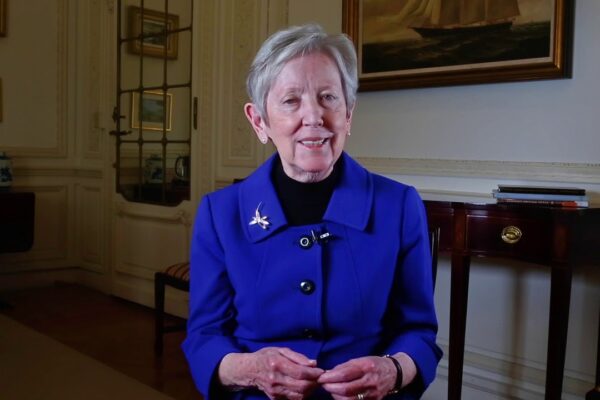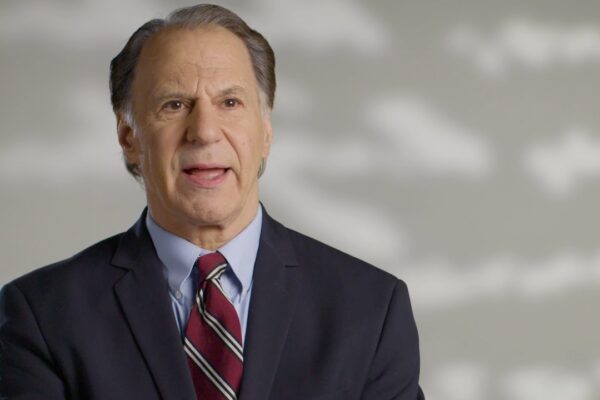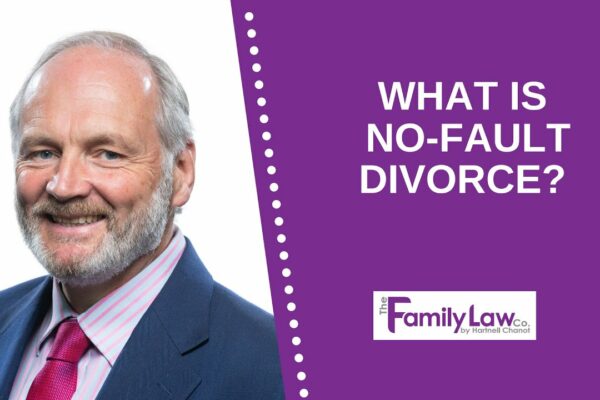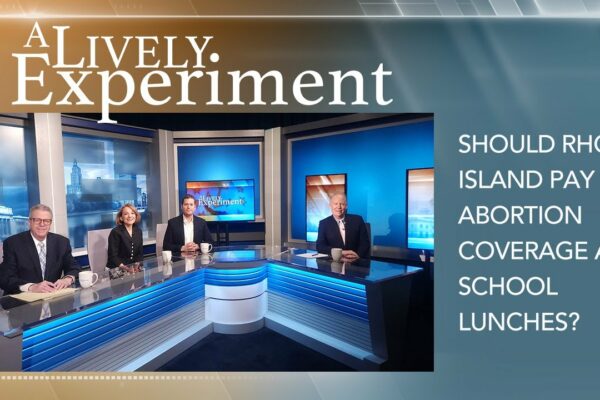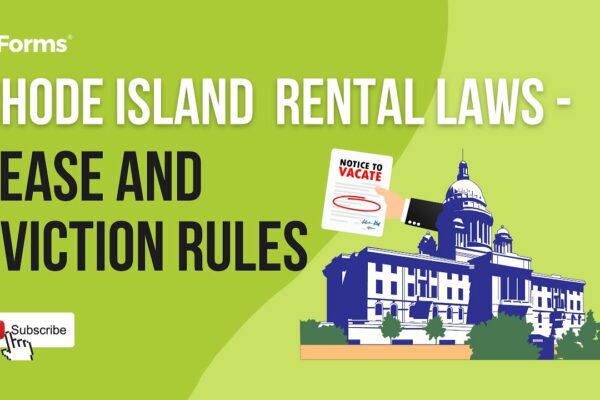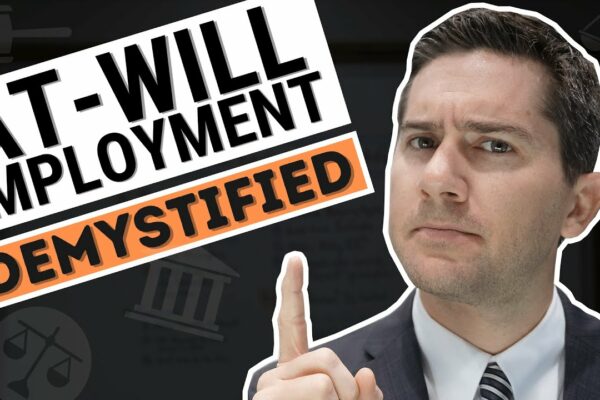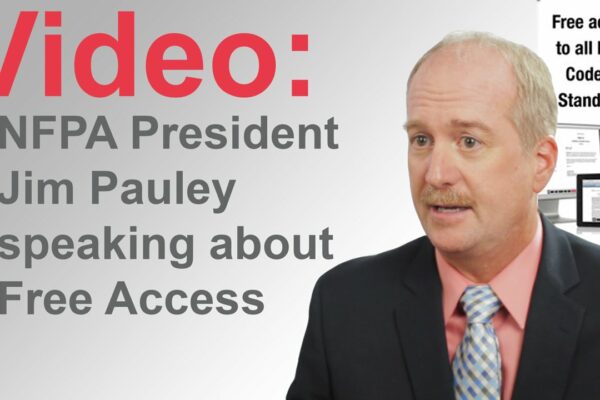
Is it mandatory for Rhode Island to follow NFPA regulations?
Rhode Island, like every other state in the United States, has the authority to adopt or modify the National Fire Protection Association (NFPA) regulations. Although the NFPA codes are widely recognized and considered industry standards, their implementation is not mandatory by default. It is up to each state to decide whether or not to adopt these regulations. Rhode Island has its own set of fire safety regulations, but it has the option to align itself with the NFPA codes if deemed necessary. Ultimately, the decision rests with the state and its commitment to ensuring the safety and well-being of its residents.

